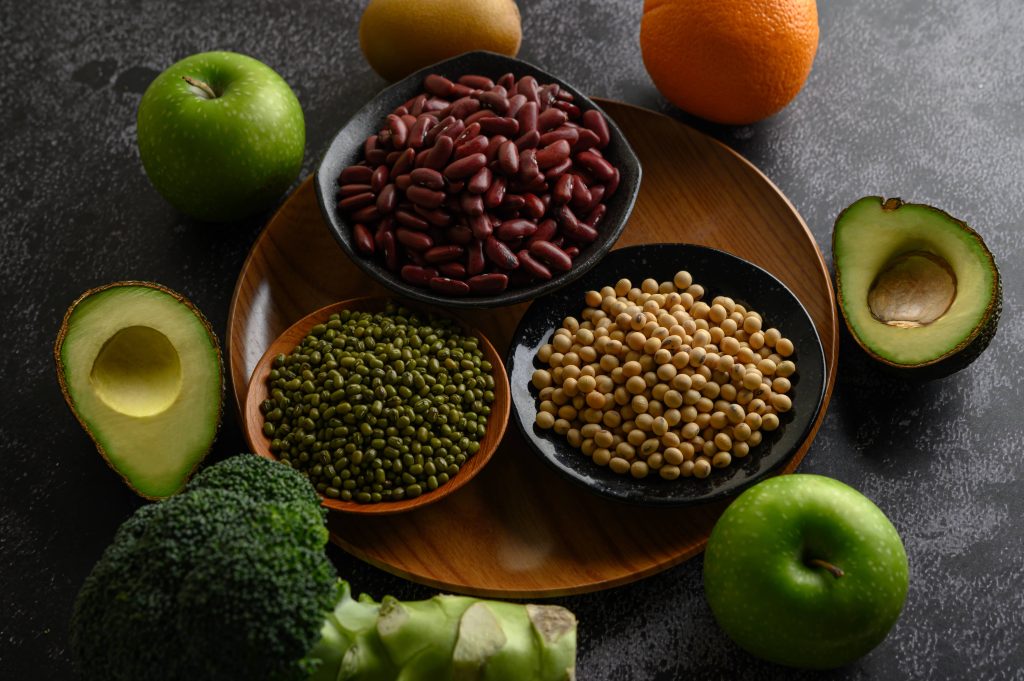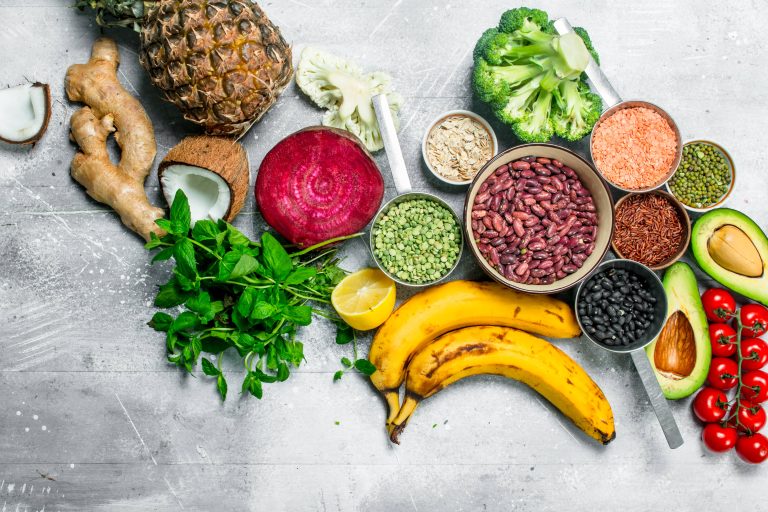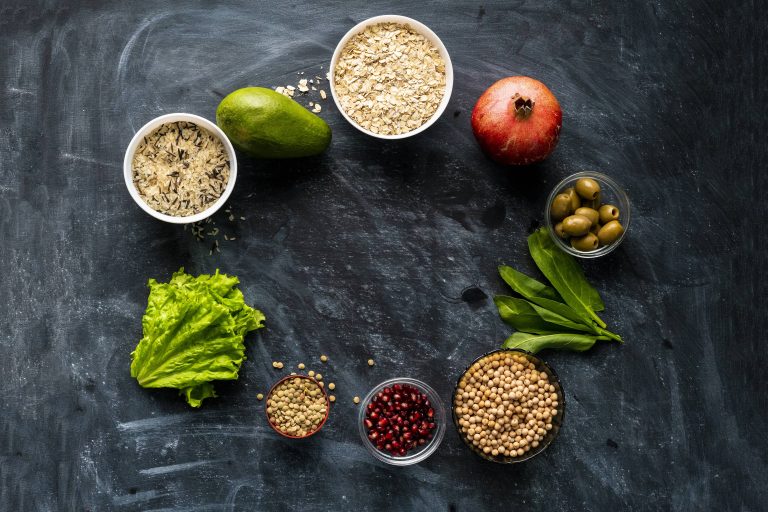
In today’s fast-paced world, where convenience often trumps nutrition, it’s easy to fall into the trap of processed and fast foods. However, there’s a growing movement towards embracing whole foods—a lifestyle choice that can transform your diet and, ultimately, your health. Whole foods are foods that are as close to their natural state as possible, free from artificial additives, preservatives, and other synthetic substances. By incorporating more whole foods into your diet, you can enjoy a myriad of health benefits, from improved digestion to increased energy levels. In this blog post, we’ll explore the power of whole foods and how you can seamlessly integrate them into your daily routine.
Understanding Whole Foods
Whole foods are unprocessed and unrefined, or processed and refined as little as possible before being consumed. This includes fruits, vegetables, whole grains, nuts, seeds, and legumes. These foods are rich in essential nutrients, including vitamins, minerals, fiber, and antioxidants, which are often stripped away during processing. By choosing whole foods, you’re opting for a diet that is nutrient-dense and beneficial for your overall well-being.
The Benefits of Whole Foods
1. Nutrient Density: Whole foods are packed with essential nutrients that are vital for maintaining good health. Unlike processed foods, which are often high in empty calories, whole foods provide the vitamins and minerals your body needs to function optimally.
2. Improved Digestion: The high fiber content in whole foods aids in digestion and helps maintain a healthy gut. Fiber is crucial for regular bowel movements and can prevent digestive issues such as constipation and bloating.
3. Weight Management: Whole foods are generally lower in calories and higher in nutrients, making them an excellent choice for those looking to manage their weight. The fiber in whole foods also helps you feel fuller for longer, reducing the likelihood of overeating.
4. Reduced Risk of Chronic Diseases: A diet rich in whole foods has been linked to a lower risk of chronic diseases such as heart disease, diabetes, and certain cancers. The antioxidants and phytochemicals found in whole foods help protect your body from oxidative stress and inflammation.
5. Increased Energy Levels: Whole foods provide a steady source of energy, unlike processed foods that can cause spikes and crashes in blood sugar levels. By fueling your body with whole foods, you’ll experience sustained energy throughout the day.
How to Incorporate Whole Foods into Your Diet
1. Start with Breakfast: Begin your day with a nutrient-rich breakfast that includes whole foods. Opt for oatmeal topped with fresh fruits and nuts, or a smoothie made with leafy greens, berries, and a scoop of nut butter.
2. Plan Your Meals: Planning your meals in advance can help you make healthier choices. Include a variety of whole foods in your meal plan, such as salads, stir-fries, and grain bowls.
3. Snack Smart: Replace processed snacks with whole food alternatives. Choose fresh fruits, raw nuts, or vegetable sticks with hummus for a satisfying and nutritious snack.
4. Cook at Home: Preparing meals at home allows you to control the ingredients and ensure you’re using whole foods. Experiment with new recipes that focus on whole ingredients and explore different cuisines.
5. Read Labels: When purchasing packaged foods, read the labels carefully. Look for products with minimal ingredients and avoid those with added sugars, artificial flavors, and preservatives.
6. Shop the Perimeter: When grocery shopping, focus on the perimeter of the store where fresh produce, meats, and dairy are typically located. This will help you avoid the processed foods often found in the center aisles.
Overcoming Challenges
Transitioning to a whole foods diet can be challenging, especially if you’re accustomed to processed foods. Here are some tips to help you overcome common obstacles:
– Gradual Changes: Start by making small changes to your diet, such as adding an extra serving of vegetables to your meals or swapping white bread for whole grain.
– Stay Informed: Educate yourself about the benefits of whole foods and the potential health risks of processed foods. This knowledge can motivate you to make healthier choices.
– Seek Support: Join a community or find a friend who shares your interest in whole foods. Having support can make the transition easier and more enjoyable.
– Be Patient: Changing your diet is a journey, and it’s important to be patient with yourself. Celebrate small victories and don’t be discouraged by setbacks.
Conclusion
Embracing the power of whole foods can transform your diet and improve your health in countless ways. By choosing foods that are as close to their natural state as possible, you’re nourishing your body with the nutrients it needs to thrive. Whether you’re looking to manage your weight, boost your energy levels, or reduce your risk of chronic diseases, whole foods can be a powerful ally on your journey to better health. Start making small changes today, and experience the profound impact that whole foods can have on your life.










